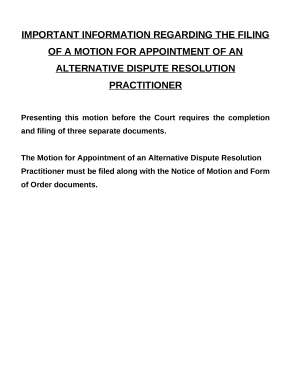
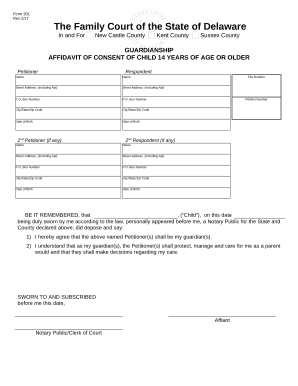
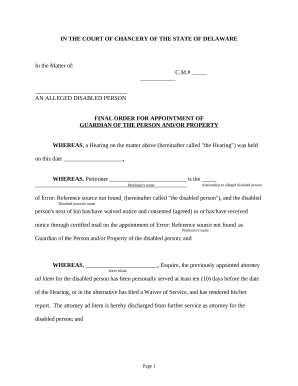

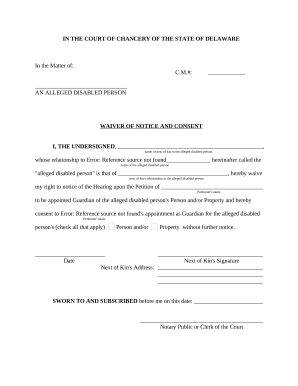
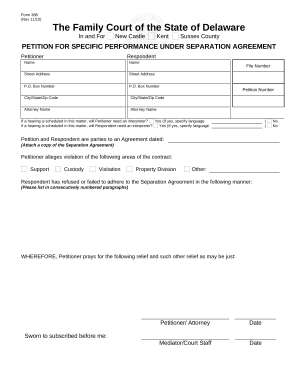
Document management consumes to half of your business hours. With DocHub, it is easy to reclaim your office time and improve your team's productivity. Get Delaware probate documents collection and discover all templates related to your everyday workflows.
The best way to use Delaware probate documents:
Speed up your everyday document management using our Delaware probate documents. Get your free DocHub profile right now to discover all forms.